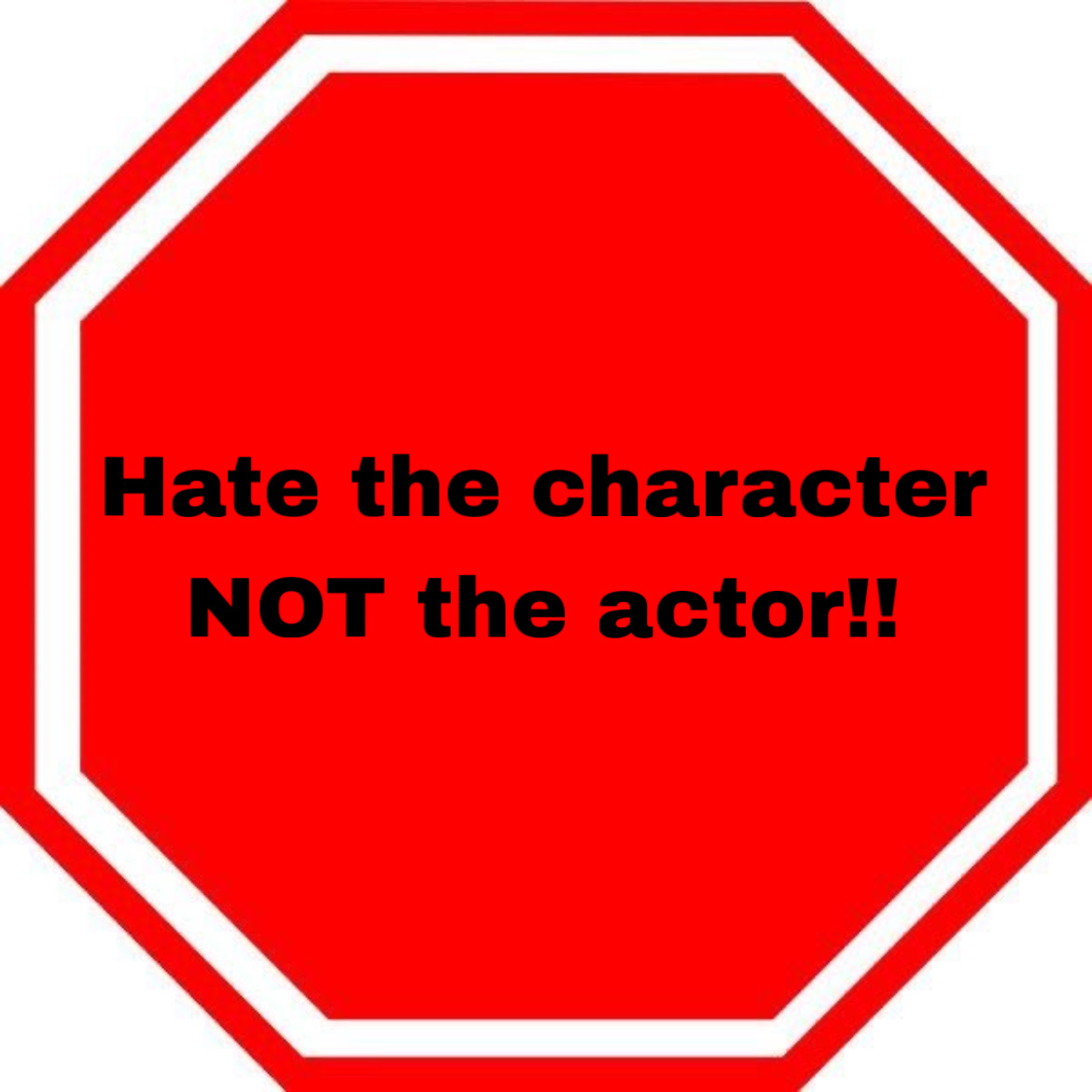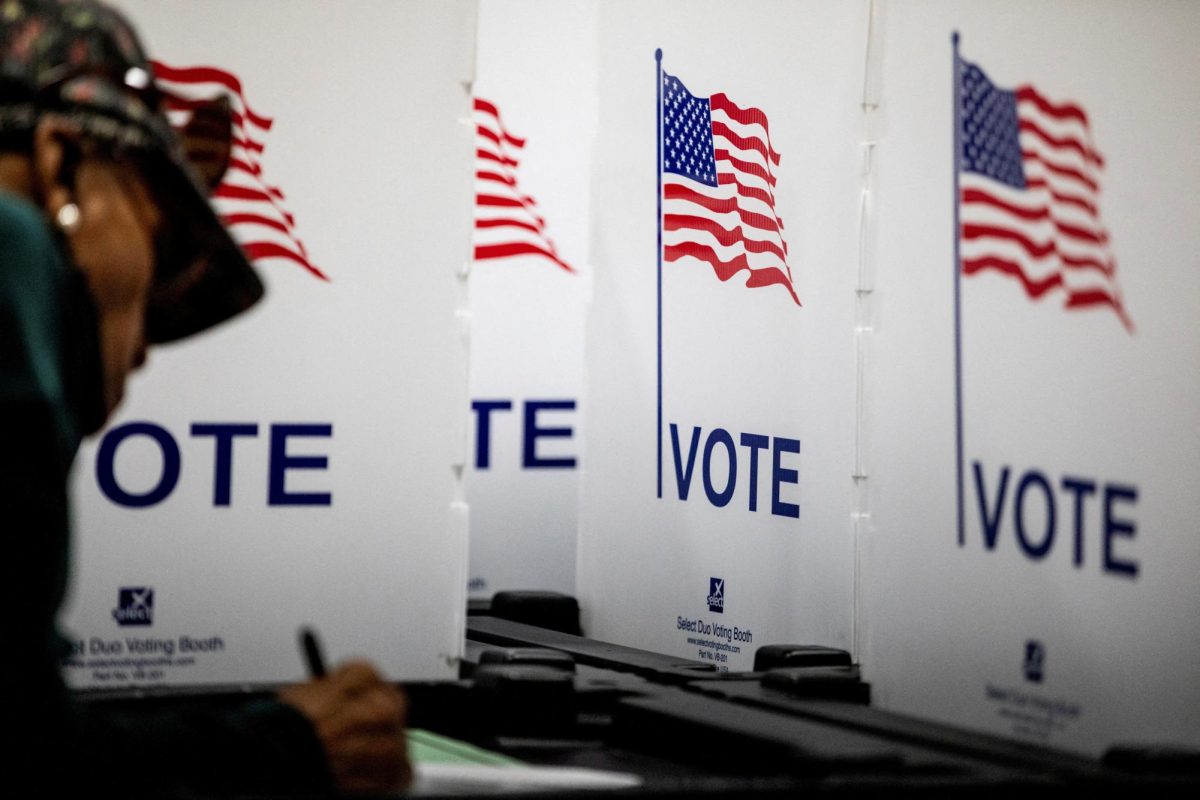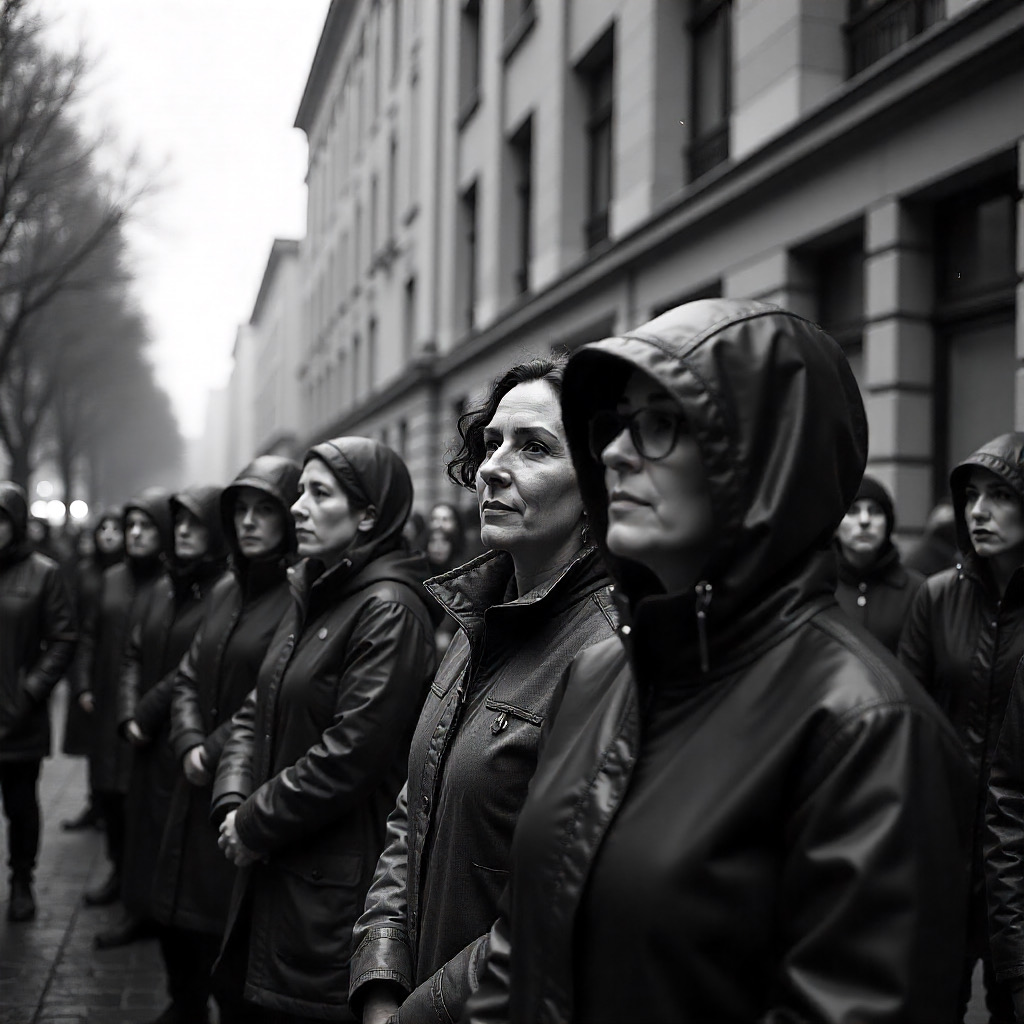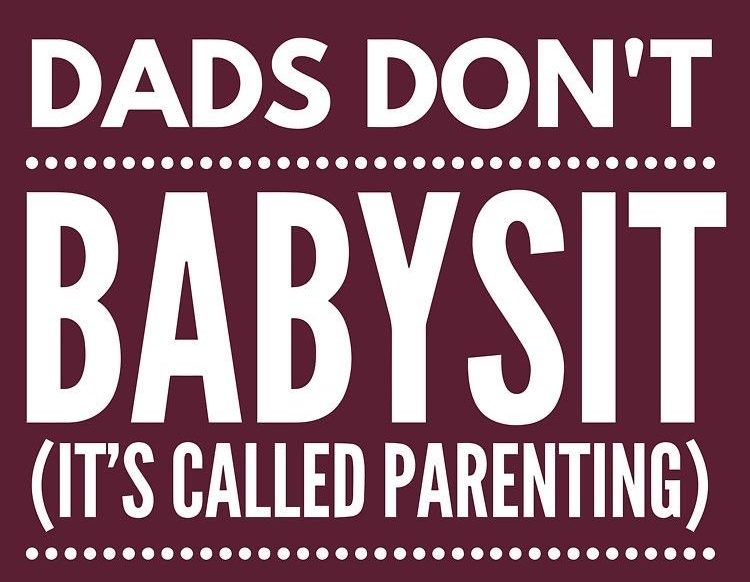Turns out playing a character too well can make you that character on and off the pages of your script at least, that’s the case for fans who can’t separate fiction from reality.
It’s laughable that anyone in this day and age can’t decipher the difference between two words. “Fiction” and “reality” are elementary topics and shouldn’t be so hard to grasp. What’s worse than not separating the two is sending a real human being your lengthy opinion on how they should die or calling them a terrible person.
Targeting an actor with harassment, emails, private messages and death threats is what makes someone a bad person. Playing a character exceptionally well should not cause that reaction. Good acting should be applauded not dragged through the mud, and it definitely should not be a death sentence.
Take Carice van Houten who played the priestess Melisandre on Game of Thrones. She stated that she had never received so many death threats in her life after her character burned Princess Shireen at the stake. She got tons of hateful messages, and the hostility only peaked, lasting for months. It shows that fans don’t know how to separate the actor from the character they play. Why are we acting like this real-life person burned someone at the stake in broad daylight?
Van Houten launched a scathing attack on the show’s fans, calling them an “extremely scary and ungrateful” fanbase.
Van Houten isn’t alone in this experience. More than 25 actors have received hateful messages, cruel comments, and death threats. Jack Gleeson, who played the infamous King Joffrey in Game of Thrones, revealed the harassment he faced after portraying a cruel character that made him reconsider acting altogether. Though he did not permanently quit, he stepped away from mainstream acting. Regardless, no actor should be hated so badly it makes them reconsider their career. Acting isn’t enjoyable when fans treat you like a monster just because the character you played was one That’s absolutely ridiculous.
This problem isn’t unique to Game of Thrones. Actors across film, television and even Broadway have spoken out about the hate they’ve received for roles they played. Anna Gunn, who portrayed Skylar White in Breaking Bad, received intense backlash. She wrote a widely shared op-ed in The New York Times in 2013 titled “I Have a Character Issue,” in which she discussed the harassment she endured. Instead of separating her performance from her personhood, people merged the two and unleashed sexist, violent comments that blurred the line between storytelling and reality.
When people get too deep into fictional worlds, they can confuse emotional responses meant for a character with the actor portraying them. That’s no excuse for what they do with those feelings, and it’s certainly not an excuse to send death threats to another human being. These reactions are part of a well-documented psychological phenomenon.
Sociologists argue that this behavior stems from para-social relationships and one-sided connections fans form with fictional characters or celebrities. When fans feel love or hatred toward those characters, it erases the obvious. These are fictional personas, and the actors behind them do not deserve those emotions directed at them.
You can, of course, love or hate a character. However, hating the actor for simply playing the role is illogical. Your feelings should stay with you because no actor should have to fear for their life just for doing their job.
At the end of the day, if audiences can’t separate a scripted villain from the actor playing them, it could drive good actors away. Hatred doesn’t keep people it drives them off. The issue isn’t the actors, unless they’ve done something wrong in real life. In most cases, the problem lies with the viewers.
Death threats will never make anyone a “dedicated fan.” They make you an ignorant individual, and that’s not something to be proud of in any case.










